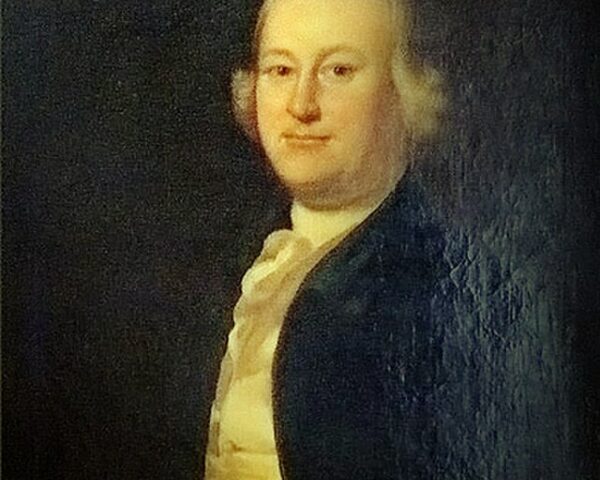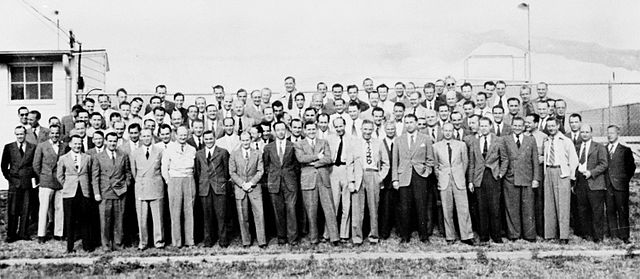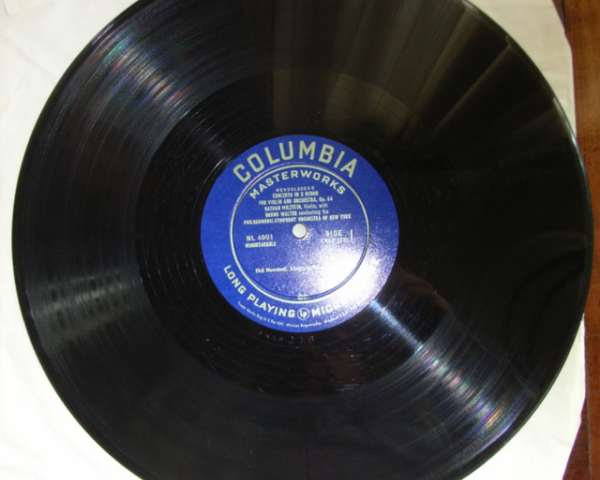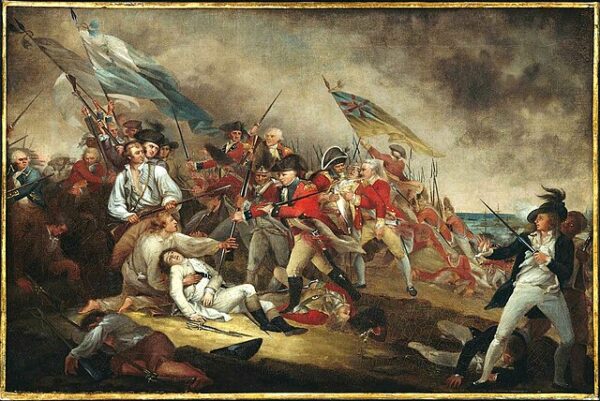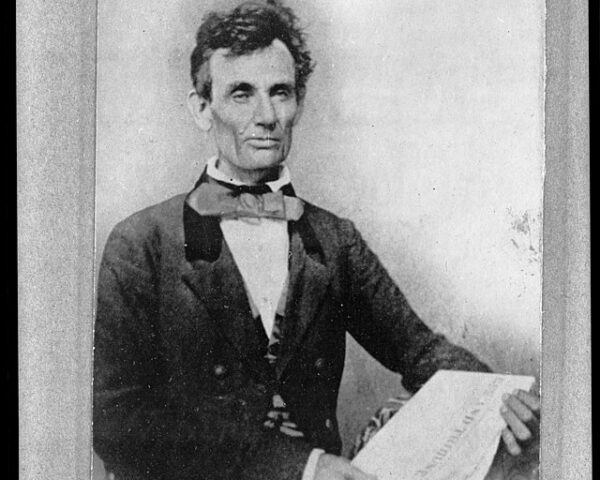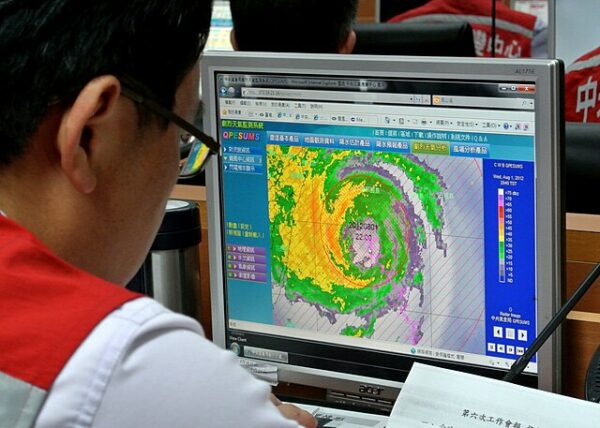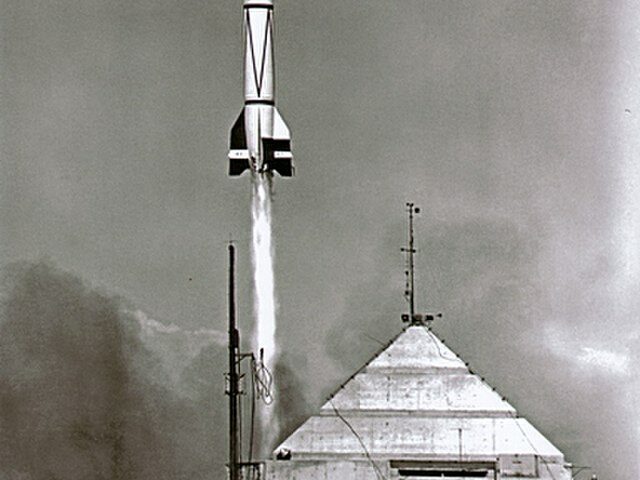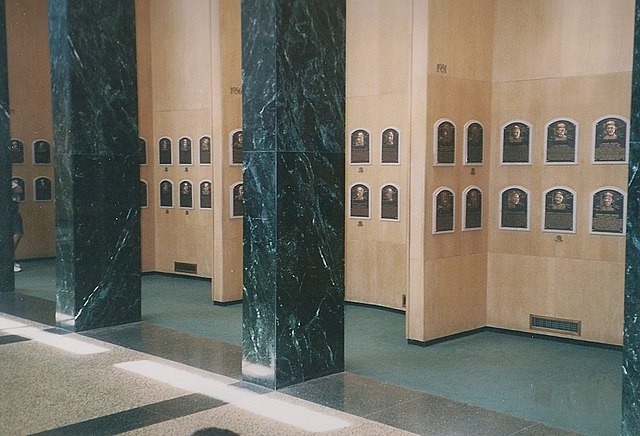In a dramatic address that shook the walls of the Massachusetts General Court and reverberated across the Atlantic, James Otis Jr. on Tuesday, June 21, 1768, launched a sweeping denunciation of British authority—accusing Parliament of violating the Constitution and likening taxation without representation to…
Read MoreIn the uneasy interregnum between Nazi defeat and Soviet ascendance, as Europe’s cities lay in ruins and the ashes of fascist ambition still smoldered, the United States made a decision as consequential as it was morally fraught. On June 20, 1945, the Department of…
Read MoreOn June of 325 AD, in the lakeside city of Nicaea—then a modest but strategically situated settlement in the Roman province of Bithynia—the trajectory of Christian orthodoxy was decisively altered. What emerged from that convocation, held under the watchful eye of Emperor Constantine the…
Read MoreOn June 18, 1948, in the gilded ballroom of New York City’s Waldorf-Astoria Hotel, Columbia Records unveiled a technological marvel that would change the course of music history: the long-playing (LP) record. This innovation—capable of playing up to 23 minutes of music per side—promised…
Read MoreIn what is already being hailed as a turning point in the nascent American Revolution, colonial militias inflicted staggering losses on British forces yesterday during the Battle of Bunker Hill—despite ultimately surrendering the field. Though the redcoats claimed a technical victory by seizing the…
Read MoreIn the fading light of the evening on June 16, 1858, Abraham Lincoln stepped before the Illinois Republican Convention in Springfield and delivered a speech that startled even his allies with its moral clarity and stark prognosis. Accepting his party’s nomination for the United…
Read MoreOn June 15, 2022, Microsoft formally retired Internet Explorer, the once-dominant web browser that had defined an entire era of online life. After 26 years—and no small share of controversy—the company decommissioned IE in favor of its successor, Microsoft Edge, signaling the end of…
Read MoreOn June 14, 1949, a rhesus monkey named Albert II made history by becoming the first mammal—and the first monkey—to travel into space. Strapped into the nose cone of a repurposed German V-2 rocket, Albert II reached an altitude of 83 miles (134 kilometers),…
Read MoreOn June 13, 1777, a young French aristocrat named Gilbert du Motier, the Marquis de Lafayette, landed near Charleston, South Carolina, to join the American Revolutionary cause. Barely 19 years old, Lafayette arrived not as a representative of the French crown, but as an…
Read MoreOn June 12, 1939—exactly a century after the mythic debut of baseball in Cooperstown, New York—the National Baseball Hall of Fame and Museum opened its doors to the public. The date was deliberately chosen to commemorate what organizers believed was the 100th anniversary of…
Read More

